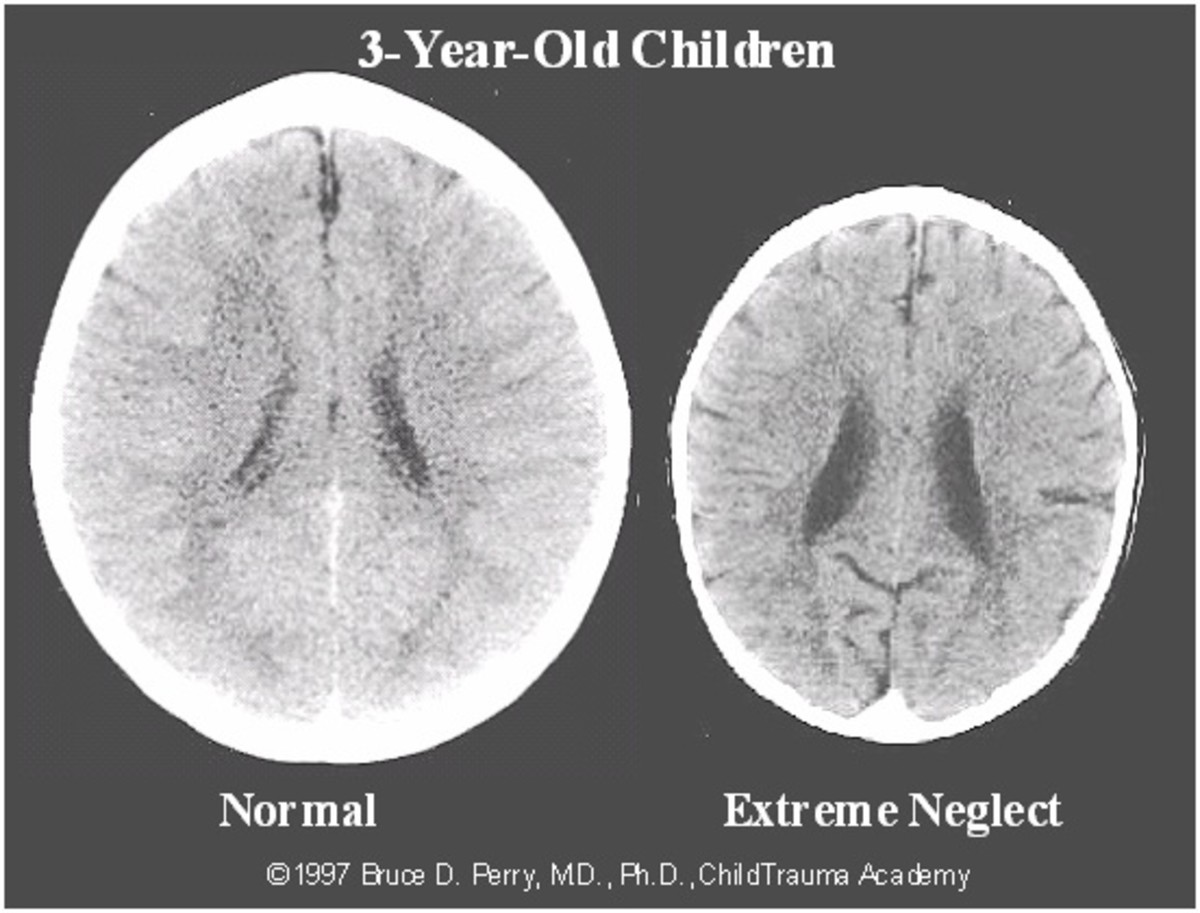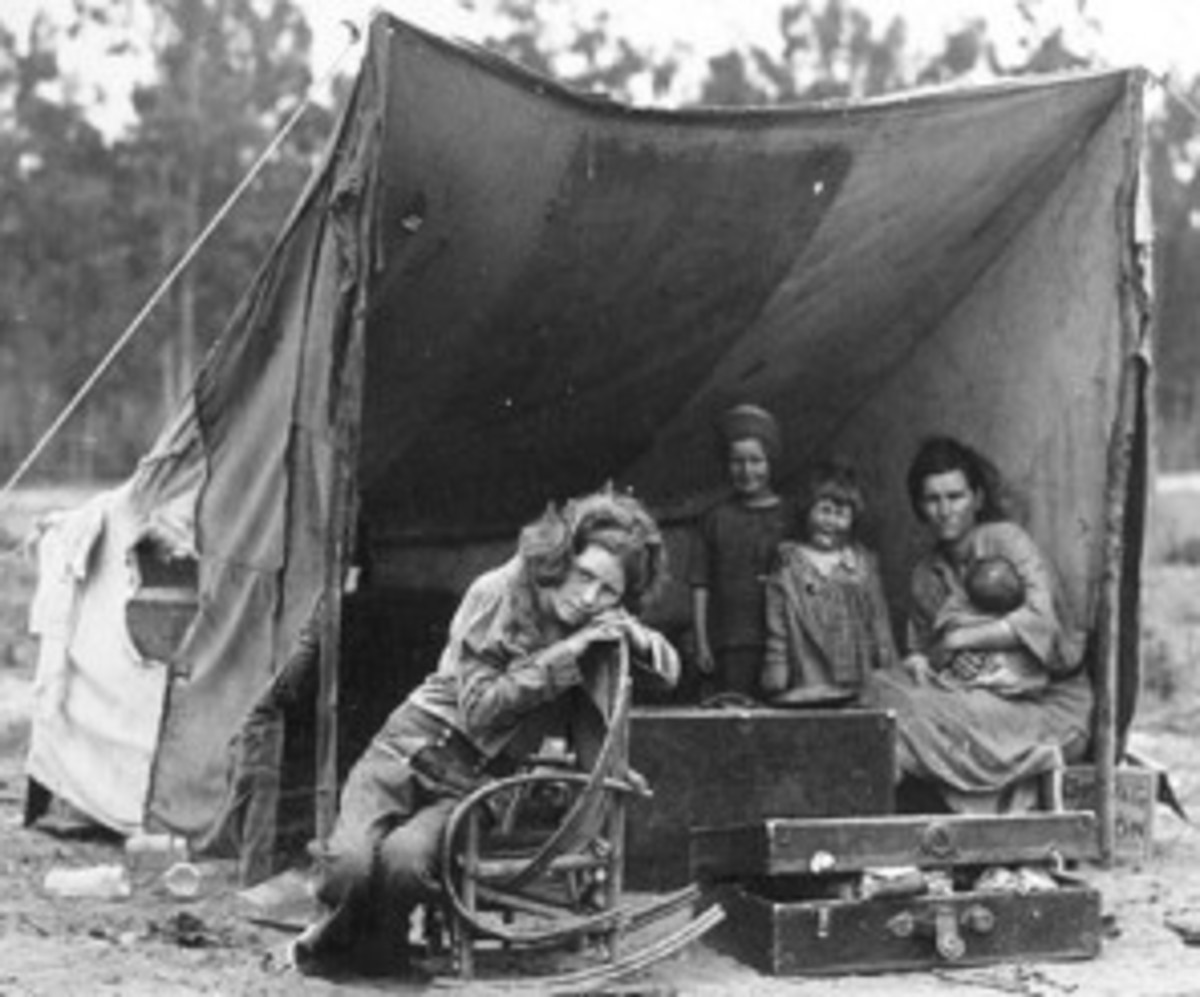Can a Child be Spoilt with Too Much Love?
There is a common belief that from the moment babies are born, they begin to manipulate their parents through crying and that they can be spoilt if they are carried too often or they will become needy and clingy. The arguments I've often heard run along the lines of, "Don't carry him too much or he'll always expect to be carried," or "babies are born manipulators, don't give into their crying."
First time parents are prone to heeding such flawed advice in the genuine belief that they will risk
“spoiling” their children and setting up “bad habits” that will be difficult to
break later on if they give into their babies. Instead of following their own instincts to pick up their babies when they cry, they try to ignore their babies' needs. Not only does this harm the relationship between parent and child, but it also negatively impacts the baby's development. A baby who's calls for help go often ignored grows up to become a child that believes the world cannot be trusted. Indeed, they become independent children, but they are also detached children who find it difficult to form close, trusting relationships with others.
On the Belief That Babies Should Not Be Carried Too Often
Let's examine the flaws in these two "traditional" beliefs in parenting. Firstly, the belief that babies should not be carried when possible is completely outrageous because a baby's need to be touched and held is as important to their growth and development as food, water, a clean diaper and sunlight. The importance of "touch" was revealed in a study that examined the care of orphaned children after World War II. A Swiss doctor traveled around Europe studying the different environments that these babies were raised to determine the best methods for raising orphaned infants.
In some parts, he saw babies being cared for in American field hospitals with their pristine conditions. Nurses attended to the babies’ basic needs by the clock – they were fed special infant formula and returned immediately after to their stainless steel cots. In other parts, babies were deposited at remote mountain villages where they were cared for in the arms of the village women, surrounded by other children and animals. They drank goat’s milk and ate from the communal stock pot. These infants lived in conditions that could hardly have been considered hygienic. Yet the results of the study were surprising – it was found that the children who lived in the villages thrived better than those raised in the scientifically-managed hospitals.
It was concluded that:
- infants need frequent skin-to-skin contact from two or three significant people
- infants need movement of a fairly robust kind, e.g. being carried around, bouncing on a knee, etc.
- infants need eye-contact, smiling, colourful and lively environment, and sounds, such as singing, talking, etc.
Far from needing to be carried less, we should be carrying our babies more!
Additionally, when children grow up, most parents often miss the early days when their children wanted to be carried. Rarely is there a parent that wished they carried their babies less!
On the Belief that Crying Babies are Manipulating Us
The second belief is that babies cry to manipulate their parents into giving in to them. Again this is another flawed belief because babies cry to communicate their needs - for instance, "I'm hungry", "I need my diaper changed", "I'm scared please hold me", "I'm feeling sick", or "I've got gas in my tummy". When parents ignore their baby’s cries, they are unwittingly teaching their baby that his or her needs are not important. It creates distrust and gives a child a bleak outlook on life – that no one can be relied upon, not even parents.
A common reason for allowing babies to “cry-it-out” is
during the attempts to “train” a baby to sleep alone. It is natural for
babies to fight their parents’ desire for them to sleep alone because they are primitive beings with a strong
instinct for survival. In the wild, infants who lose their parents fall prey to predators, therefore the instinct to be close to a parent or bigger person is one of survival. A baby has no way of knowing that he or she is safe in a crib and that Mummy and Daddy are just in the next room. They don't cry to manipulate, they cry to communicate their fear - a fear which is very real to an infant and cannot be explained away.
How Relationships Change as Children Grow Older
Even after babies grow up, they still require the attention, love and physical closeness of their parents. There is also a flawed belief that a child needs less "touch" as they grow older when "touch" is still a very important need. Providing love and frequent physical closeness does not spoil them or make them clingy, dependent children. A strong and secure relationship between parent and child raises children that are more independent as they grow older. Because of their sense of security and knowledge that they have a safe haven to return to during times of trouble, they become less afraid to take steps on their own.
Children are not spoilt with too much love, touch and tending to their calls for help. Such responsiveness are important ingredients for healthy development. As a child grows older and begins to test limits, the manner in which you respond may change – such as crying as a means to get their way. How you respond to a child needs to be age-appropriate with an understanding of how a child feels and the level of understanding that they have.
For instance, not being able to have a favourite cereal for breakfast might be a minor inconvenience for adults who can easily get past that disappointment, however, for a young child, it might be equivalent to being passed over for a well-deserved promotion at work. Unlike an adult that has learned how to cope with such disappointments, a two year old might not equipped to deal with the surge of emotions that arise.
As your child grows older, individual differences will emerge as his or her personality begins to express itself. You will find that different approaches work with different children based on their temperament and personality. It is important to be aware that while such differences need to be considered, it is equally important to set appropriate limits that must be adhered to. Limits and boundaries provide a sense of safety and security for your child. They are the responsibility of a parent to set, just as it is the child's responsibility to test them.
It was found that orphaned children often misbehaved when first placed in foster care because they need to test that the environment that they are being placed in is strong enough to handle them. Only through coming up against firm boundaries can these children be certain that they are with a secure family that is capable of providing for them.
By being firm and consistent, yet kind as you enforce the rules, you are teaching your child how to become a responsible member of society. You are also creating a secure environment for your child to grow up in.








